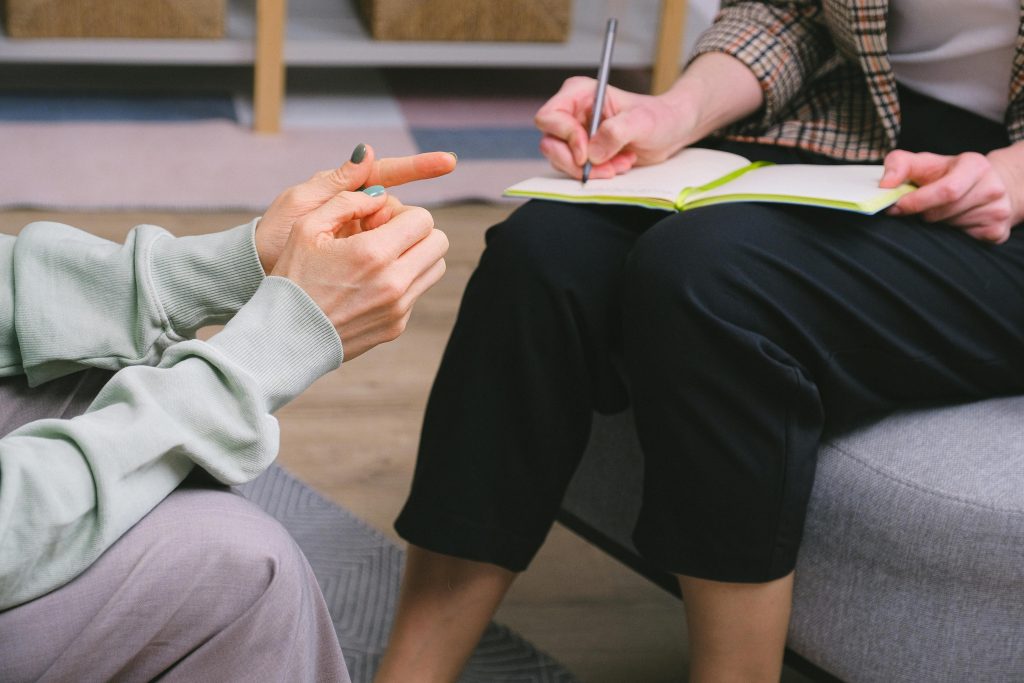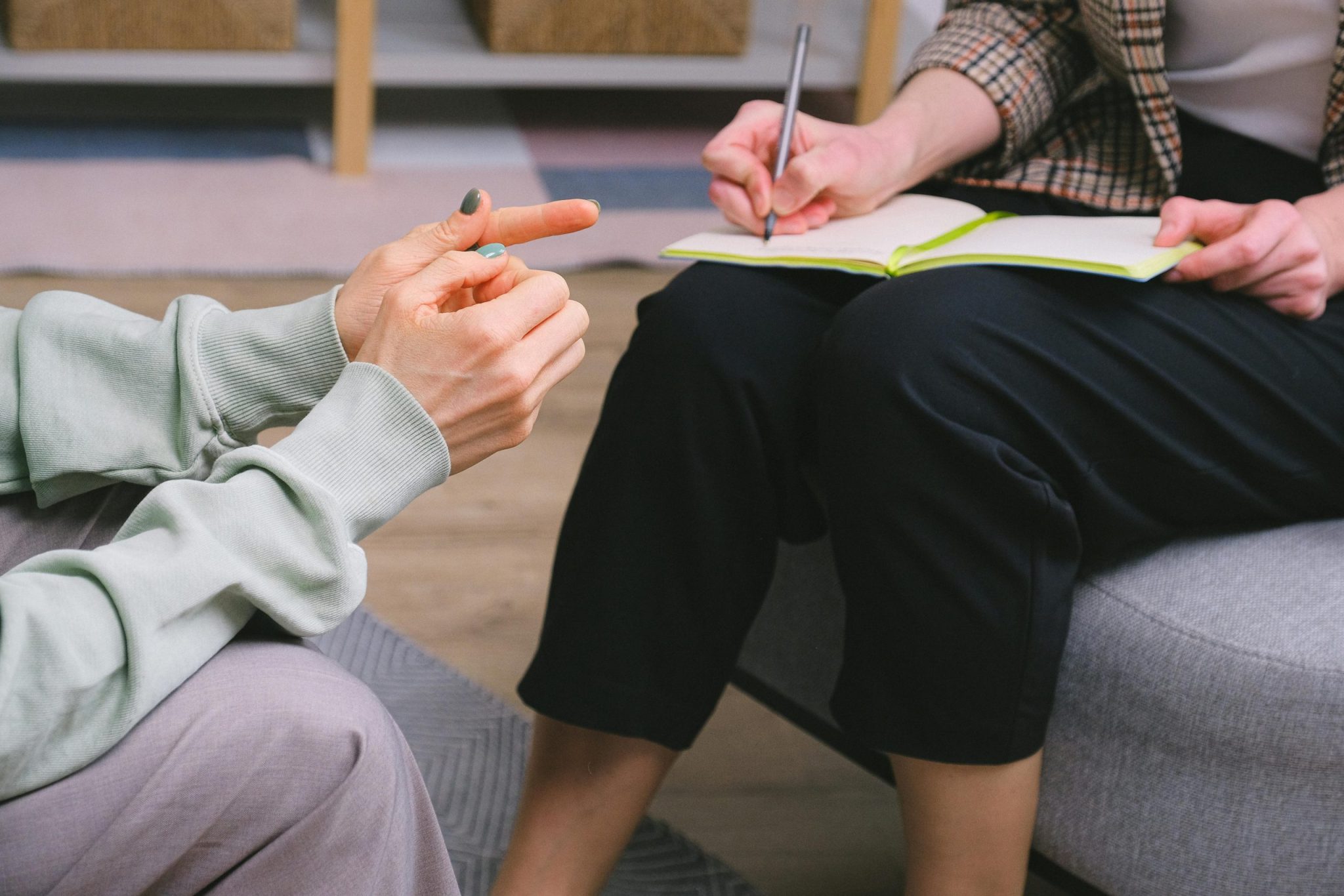Find the right relationship therapist near your vicinity with our expert tips. Take the first step towards a healthier relationship with professional support.
Our relationships are the foundation of our life; they mold our experiences, give us our identities, and affect our general well-being. When problems arise in these partnerships, it can feel overwhelming and lonely. Consulting with a licensed relationship therapist can offer priceless direction, encouragement, and strategies for resolving these issues. Feeling Worthless After Being Cheated

Understanding the Role of a Relationship Therapist
A relationship therapist is a mental health practitioner who specializes in helping individuals and couples improve their relationships. They are sometimes referred to as marital counselors or couples counselors. They are equipped with the abilities and know-how to handle a variety of interpersonal problems, such as: Free Dating Sites
- Breakdowns in communication: Inability to properly express needs, feelings, and thoughts.
- Conflict resolution: Struggling to manage disagreements and find common ground.
- Infidelity: Betrayal and its impact on trust and intimacy.
- Premarital counseling: Handling potential issues and preparing for matrimony.
- Divorce mediation: Facilitating a peaceful and amicable separation.
- Family dynamics: Navigating complex family relationships and interactions.
- Developing closer ties and heightened emotional proximity is known as emotional intimacy.
- Sexual dysfunction: Addressing issues related to sexual satisfaction and fulfillment.

The Benefits of Seeking Relationship Therapy
- Improved communication: learning effective communication skills to express yourself clearly and empathetically. techoexpress
- Enhanced problem-solving: developing strategies to address conflicts constructively and find mutually beneficial solutions.
- Increased emotional intimacy: Fostering deeper connections and understanding with your partner.
- Improved relationship satisfaction: Enhancing overall happiness and fulfillment in your relationship.
- Enhanced self-awareness: Gaining a better understanding of your own patterns, behaviors, and contributions to relationship dynamics.
- Reduced stress and anxiety: managing emotional distress and improving overall well-being.
- Improved coping mechanisms: Developing healthy ways to cope with challenges and stressors
Finding the Right Relationship Therapist Near You
When searching for a relationship therapist, consider the following factors:
- Comfort and rapport: It’s important to feel comfortable and connected with your therapist. Trust your instincts and choose someone you feel you can open up to.
- Credentials and experience: Look for a therapist with appropriate credentials, such as a licensed marriage and family therapist (LMFT), licensed clinical social worker (LCSW), or psychologist.
- Specialization: If you have specific needs, such as dealing with infidelity or pregnancy counseling, look for a therapist with relevant expertise.
- Therapeutic approach: Different therapists may have different therapeutic approaches, such as cognitive-behavioral therapy (CBT), couples therapy, or family systems therapy. Consider your preferences and the approach that resonates with you.
The Therapeutic Process
In relationship therapy, you and your partner will work with the therapist over a number of sessions to explore the dynamics of your relationship, pinpoint problems, and create solutions. You can voice your ideas, feelings, and worries to the therapist in a judgment-free setting that is safe and encouraging.
Common Challenges in Relationships
- Communication breakdowns: Difficulty expressing needs, feelings, and concerns effectively.
- Conflict resolution: Struggling to manage disagreements and find common ground.
- Infidelity: Betrayal and its impact on trust and intimacy.
- Premarital counseling: preparing for marriage and addressing potential challenges.
- Divorce mediation: Facilitating a peaceful and amicable separation.
- Family dynamics: Navigating complex family relationships and interactions.
- Emotional intimacy: building deeper connections and emotional closeness.
- Sexual dysfunction: Addressing issues related to sexual satisfaction and fulfillment.
Overcoming Relationship Challenges
- Open and honest communication: Expressing your thoughts, feelings, and needs clearly and respectfully.
- Active listening: Paying attention to your partner’s words and understanding their perspective.
- Empathy: Putting yourself in your partner’s shoes and trying to see things from their point of view.
- Conflict resolution skills: Learning to manage disagreements constructively and find mutually beneficial solutions.
- Compromise: willingness to give and take in order to reach mutually agreeable solutions.
- Forgiveness: Letting go of resentment and bitterness to move forward in the relationship.
- Seeking professional help: Consulting a relationship therapist for guidance and support.
Finding a Therapist Near You
If you’re looking for a relationship therapist, here are some resources to help you find a qualified professional:
- Online directories: Websites like Psychology Today, TherapyRoute, and GoodTherapy.org allow you to search for therapists in your area based on various criteria.
- Local mental health associations: Contact local mental health associations or counseling centers for referrals.
- Word of mouth: Ask friends, family, or colleagues for recommendations.
Remember, seeking help for your relationship is a sign of strength and commitment. A qualified relationship therapist can provide the tools and support you need to overcome challenges and build a stronger, more fulfilling connection with your partner.

